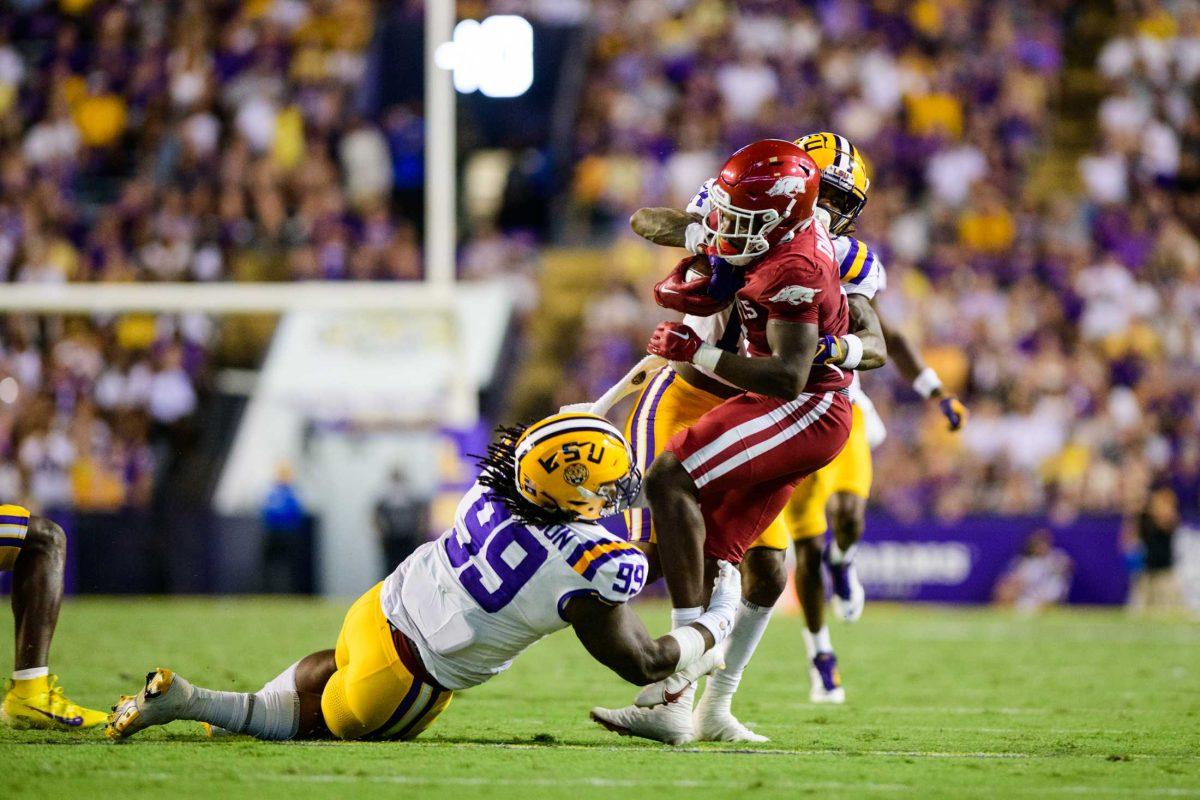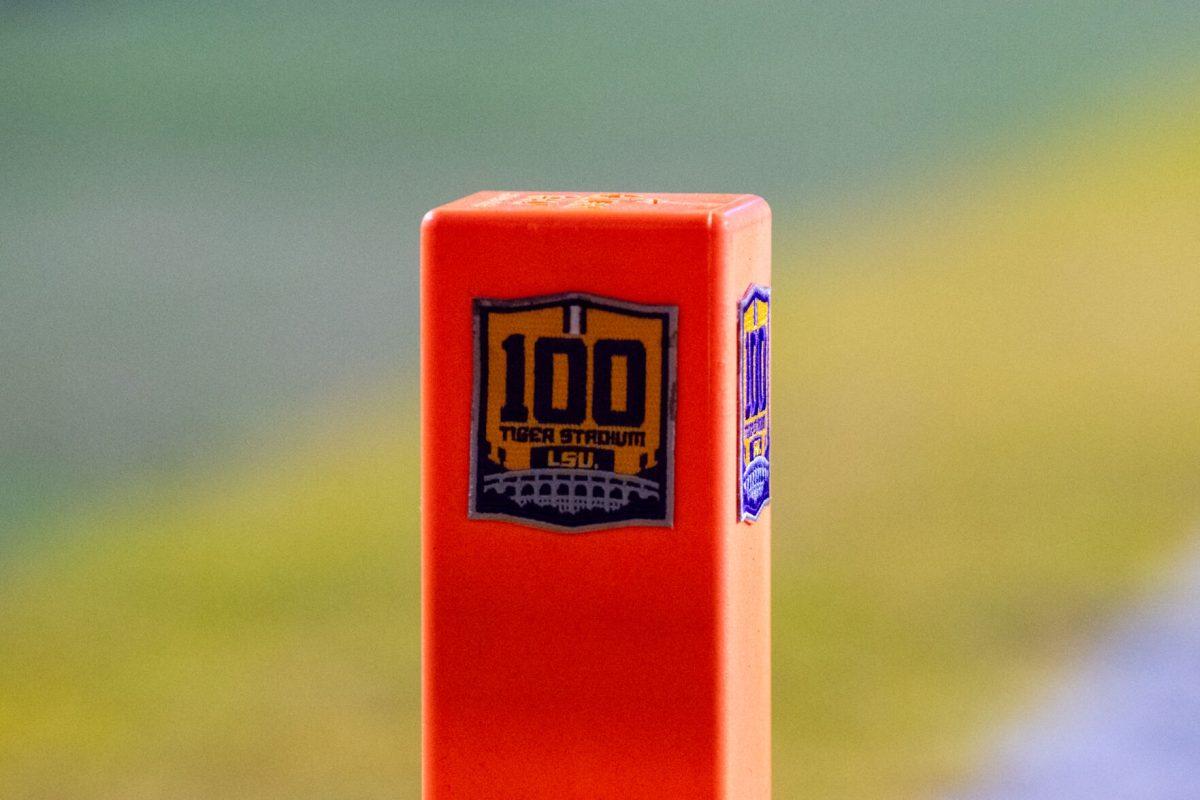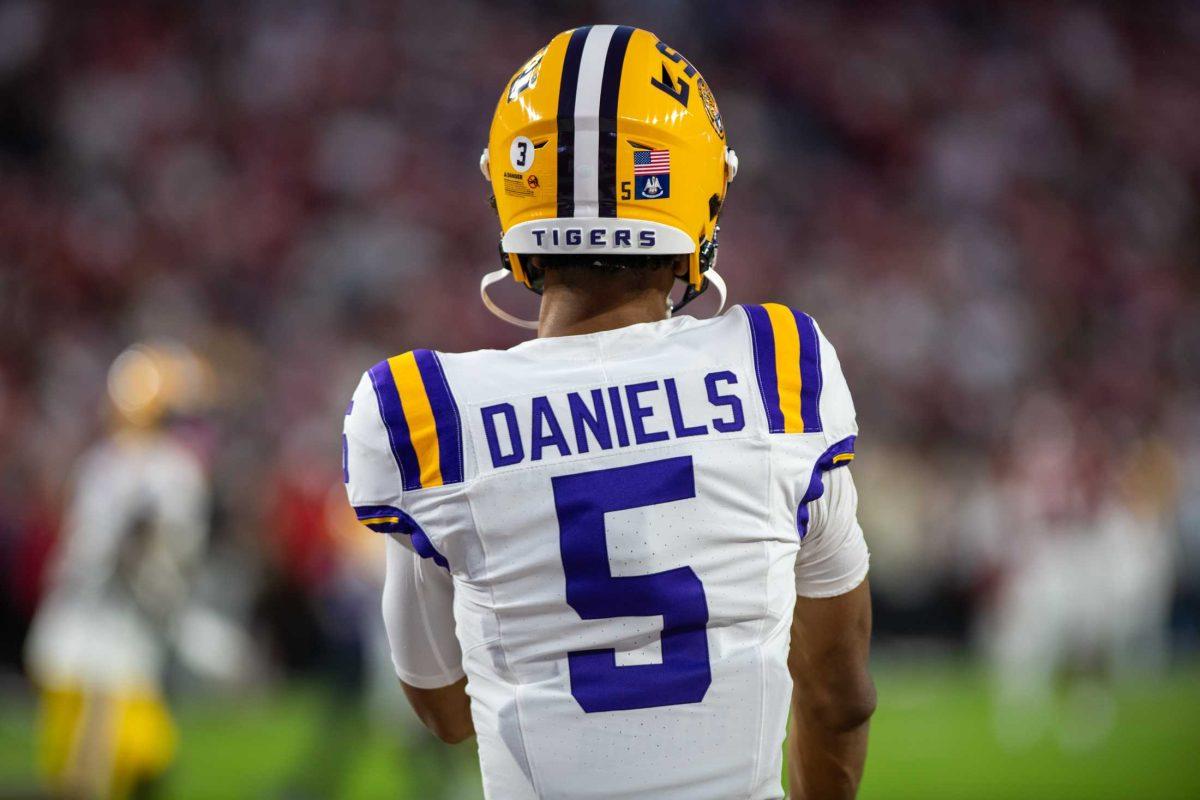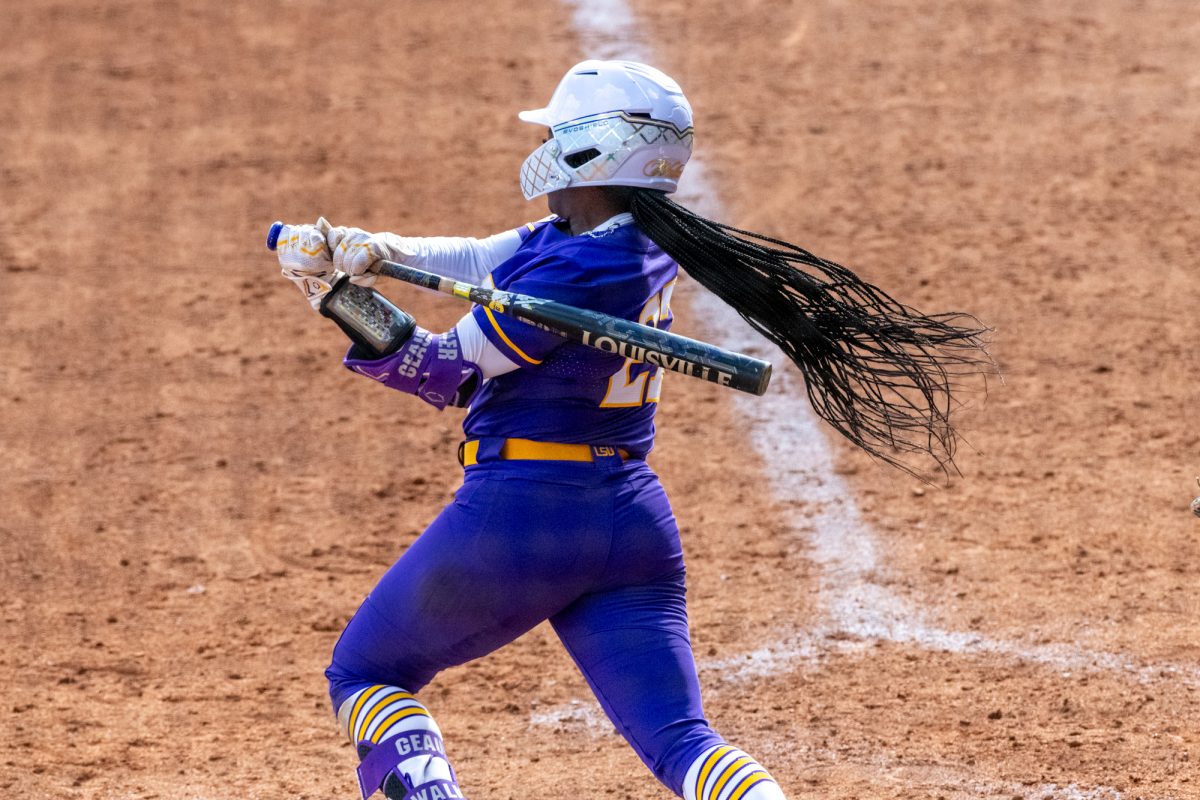LSU has been known to produce high level defensive backs. Patrick Peterson, Morris Claiborne, Tyrann Mathieu, Tre’Davious White, Jamal Adams and Derek Stingley Jr. are all notable LSU alumn in the defensive back position.
Between 2010-2020, the Tigers appeared to have an “X-factor” in their defensive backfield. However, within the Brian Kelly era, the passing defense has been a major concern.
In 2019, LSU had the best cornerback in college football. Now, that position is a weakness.
The backfield covers the distance furthest from the line of scrimmage. On offense, the running back is in the backfield as they’re the furthest back. On defense, cornerbacks and safeties are a part of the backfield for the same reason.
When an opposing offense is facing a third-and-long, they’re typically forced to throw. If they manage to convert it’s usually due to negligence from the defensive backfield. The distance from the line of scrimmage makes them responsible for covering big plays.
Prior to the 2023 season, LSU used the recruiting cycle to bolster its depleted defensive backfield. After heavy recruitment, it landed five high school commits and five transfers. Despite these ten new additions, the passing defense still has serious concerns.
Last week, LSU’s defensive backfield was responsible for all touchdowns scored. It let the Razorbacks set the pace and get back into the game with a late two-point-conversion.
The Tigers’ passing defense allowed Arkansas to convert on 67% of third-down attempts. Third-down defense has been a major concern for LSU, and it isn’t appearing to get any better. On passing third-downs, the Razorbacks faced an average of 8.7 yards to convert and still managed to convert two-thirds of the time.
The Tigers’ passing defense also appears to not have longevity or consistency. Through the first half, they allowed a 60% conversion rate, one interception and one touchdown. In the second half, the conversion rate jumped to 75%, one interception and two touchdowns. In terms of consistency, more issues were made as the game progressed.
With 14:24 left in the fourth, the Razorbacks trailed by eight. Facing a third-and-6, they opted to pass. LSU, expecting a pass, ran a disguised play. It had four down linemen, five players within five yards, one safety eight yards out and another deep.
Outside of the four down linemen, everyone dropped into coverage. KJ Jefferson scrambled outside of the pocket, buying time. What should have been a coverage sack turned into a fifty-nine yard touchdown.
As freshman linebacker Whit Weeks began to close the gap between him and Jefferson, junior cornerback Zy Alexander stopped covering his man. Whenever a quarterback scrambles, defensive backs are taught to “plaster their assignment,” meaning they shouldn’t get drawn to the quarterback. Jefferson escaped to the right hash and began directing traffic. Alexander, who was behind his assignment, stepped up and locked onto the quarterback. As he began to step up, his man ran up-field.
If Alexander plastered his assignment for a second longer, Weeks sacks Jefferson, and Arkansas is forced to punt. Instead, Jefferson throws a fifty-nine-yard touchdown. The major issue is that Alexander wasn’t out muscled or poorly schemed; he ignored the fundamentals of his position.
Following the score, Arkansas elected to go for two. After a false start the Razorbacks were pushed back five yards but still scored through the air. The eight point deficit was erased in a matter of seconds, and the fault was entirely on LSU’s passing defense.
The next series, the Razorbacks had a third down conversion through the air; took six minutes off the clock; had a thirty-seven-yard touchdown through the air from a blown coverage that was called back due to a hold; and an eleven-yard touchdown through the air.
In two major drives within the fourth quarter, LSU played its worst passing defense.
The issue with the Tigers’ passing defense is that it can’t mentally play four quarters. It isn’t losing athletic battles, but it’s making avoidable mistakes. As the game goes on, the defense begins making low-percentage-tackles, disregarding assignments and playing too aggressively.
LSU’s defense beat an unranked Arkansas after a shootout but now have to gear up to face a No. 20 Ole Miss team in Oxford. While the Rebel’s quarterback isn’t as good as Arkansas’, its offense is much more pass oriented. In order to win, LSU fix the mentality of its passing defense.
The good news is that it has a lot to build on. Denver Harris is a former five-star recruit, Alexander has ten career interceptions, Duce Chestnut has two All-ACC selections and Andre Sam can hit like a truck.
Between mentality and scheming, the Tigers’ have to play to their strengths and fix their weaknesses. The bad news is that there’s a lot to be built upon; the Tigers have yet to show a sign of improvement as the season progresses.
The lack of endurance and discipline is holding LSU’s passing defense back, and the competition is only getting tougher.








